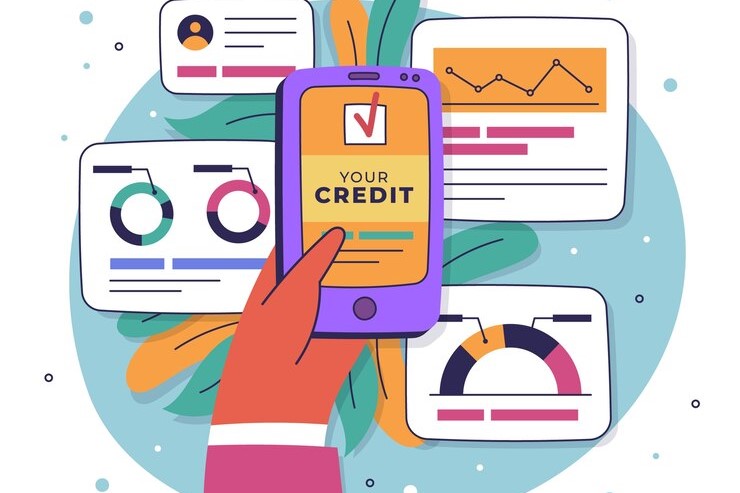Is Credit Card Loan Settlement the Right Choice for You?
Deciding whether Credit Card Loan Settlement is the right choice for you is a serious decision. It’s not a one-size-fits-all answer, and it requires careful consideration of your unique financial situation. Let’s break down the key factors to help you determine if this option is suitable for you.
Understanding Credit Card Loan Settlement: A Realistic Perspective
Credit Card Loan Settlement involves negotiating with your credit card issuer to pay a lump-sum amount that’s less than your total outstanding balance. In exchange, the issuer agrees to forgive the remaining debt. It sounds appealing, but it’s important to understand the potential consequences.
-
Credit Score Impact: Settlement will negatively impact your credit score. This impact can be significant and last for several years.
-
Credit Report History: Settled accounts are noted on your credit report, which future lenders will see.
-
Tax Implications: In some cases, the forgiven debt may be considered taxable income.
When Settlement Might Be a Viable Option
Despite the potential drawbacks, there are situations where Credit Card Loan Settlement might be a reasonable choice.
-
Overwhelming Debt: If your credit card debt has become completely unmanageable, and you see no realistic way to repay it within a reasonable timeframe, settlement might be a way to avoid bankruptcy.
-
Severe Financial Hardship: If you’ve experienced a significant financial setback, such as job loss, medical emergencies, or business failure, settlement can provide a way to alleviate some of the financial pressure.
-
Imminent Legal Action: If you’re facing imminent legal action from your credit card issuer, such as a lawsuit or wage garnishment, settlement might be a way to avoid these consequences.
-
When Repayment is Impossible: If your income is drastically reduced, and you are unable to consistently make minimum payments, and you have no assets to use for a debt consolidation loan, debt settlement may be an option.
When Settlement Might Not Be the Best Choice
In many cases, other debt relief options might be more suitable.
-
Manageable Debt: If you can realistically repay your debt within a few years with a debt management plan or debt consolidation loan, these options are generally preferable to settlement.
-
Good Credit Score: If you have a good credit score and want to preserve it, settlement should be avoided.
-
Significant Assets: If you have significant assets that could be used to repay your debt, settlement might not be necessary.
-
Short-Term Financial Hardship: If your hardship is temporary, and you expect your income to improve soon, a temporary payment plan might be a better option.
Key Questions to Ask Yourself
To make an informed decision, ask yourself these crucial questions:
-
What is my current financial situation?
-
Can I realistically repay my debt within a reasonable timeframe?
-
What are the potential consequences of settlement on my credit score and future loan eligibility?
-
Are there alternative debt relief options that might be more suitable?
-
Have I consulted with a credit counselor or financial advisor?
The Human Element: Recognizing the Emotional Toll
Debt can take a significant emotional toll. It’s important to acknowledge the stress and anxiety you’re experiencing.
-
Seek Support: Talk to trusted friends, family members, or a therapist about your financial struggles.
-
Don’t Be Ashamed: Many people struggle with debt. You’re not alone.
-
Focus on the Future: Remember that settlement is a tool to help you regain control of your finances and build a better future.
Final Thoughts
Ultimately, the decision to pursue Credit Card Loan Settlement is a personal one. Carefully weigh the pros and cons, and seek professional guidance to make the best choice for your unique situation.
If you’re unsure about your next steps, Settle Loan can help. Contact Us today to explore your options.



